 What are our graduates doing now
What are our graduates doing now
Elizabeth Shank is currently attending the University of Wisconsin Madison and is majoring in Biology. She recently made the transfer to Madison after attending Indiana University, where she was a part of the American Medical Women Association, which was a pre-med health group. She is currently volunteering her time with a 16-year-old girl with cerebral palsy. Some of the tasks include assistance with walking in her gait trainer, transfers into and out of her wheelchair, feeding, and just spending time with her. She volunteers at this job because she wanted to have more of a hands-on experience for the pre-health medical field that she has decided to pursue. She is determined to become a pediatrician one day.
 What is important to CDS graduates?
What is important to CDS graduates?
I think I am a pretty good worker, I attribute that to CDS a lot because when I look at my peers, they have different ways of approaching school work and I’ve always kind of loved it and I’ve always been really interested in what I’m learning.
I remember really enjoying being able to chose my own work and it’s going back to loving what you’re learning. It was very helpful for me because I became passionate about what I was learning and doing, and actually putting in all my effort into my work because of that.
 What habits, skills, and character qualities do graduates trace directly back to their time at CDS?
What habits, skills, and character qualities do graduates trace directly back to their time at CDS?
One thing that I attribute to my time at CDS is organization and time management. At CDS, we kept detailed journals of how we spent our days. This carries on to my life today when I use planners and other methods of organizing my time, and I think it helps a lot with productivity and holds me accountable for the things I need to get done in a certain day.
 How does the CDS Mission (Respect, Responsibility and Resourcefulness) still guide its graduates?
How does the CDS Mission (Respect, Responsibility and Resourcefulness) still guide its graduates?
One thing I incorporated daily is respect. Whenever I’m interacting with someone in my day-to-day life, I treat him or her with respect because CDS built such a strong foundation in that regard. Respect to me means listening to what someone has to say and responding to it with an open mind, even if you don’t necessarily fully agree with their viewpoint.
 How did you adjust to the transition of going from Montessori to a regular high school?
How did you adjust to the transition of going from Montessori to a regular high school?
It was kind of tough socially. It was difficult being someone who was coming from a private school setting going into this new school where most of the children knew each other because they had been in that setting since childhood, but that’s an issue with all private schools so I kind of expected that and it ended up being fine. I was excited to take tests just because they were so new and I had not had homework or tests before but I also noticed quickly that pretty much all through middle school and even in high school, the tests were covering things that I had already learned in elementary school so they were pretty easy, that wasn’t too hard of a transition.
 What advice would you give to those CDS students transitioning today?
What advice would you give to those CDS students transitioning today?
I would tell them not to let go of those learning techniques, don’t give up that passion for learning because it’s easy to give it up. At some point in high school I started to do that without realizing it. You realize that you don’t have to try as hard as you have been, but then later on it will come back to haunt you. And then you realize that you actually should have been putting in all that effort like you did while at CDS because it makes things so much easier and so much more interesting.
 What defines the CDS experience?
What defines the CDS experience?
The CDS experience is so unique because it doesn’t just teach you facts you need to know to pass a few tests. It teaches you how to treat others and how to be the kind of student who excels in life outside of the classroom. Teachers are more than just teachers at the school because they’re people who essentially help raise you, making them more like family. Going to CDS built me as a person, it built my character and if I had been in a conventional public school for that whole time, they wouldn’t have taught me things like how to treat other people or how to handle problems resourcefully. Learning at CDS was always exciting and truly special, and I don’t think you would ever hear someone say that about public school. CDS really helped to build my character and I really think I would be a different person if I had not gone there.
→ See next alumni interview
Updated: 2017
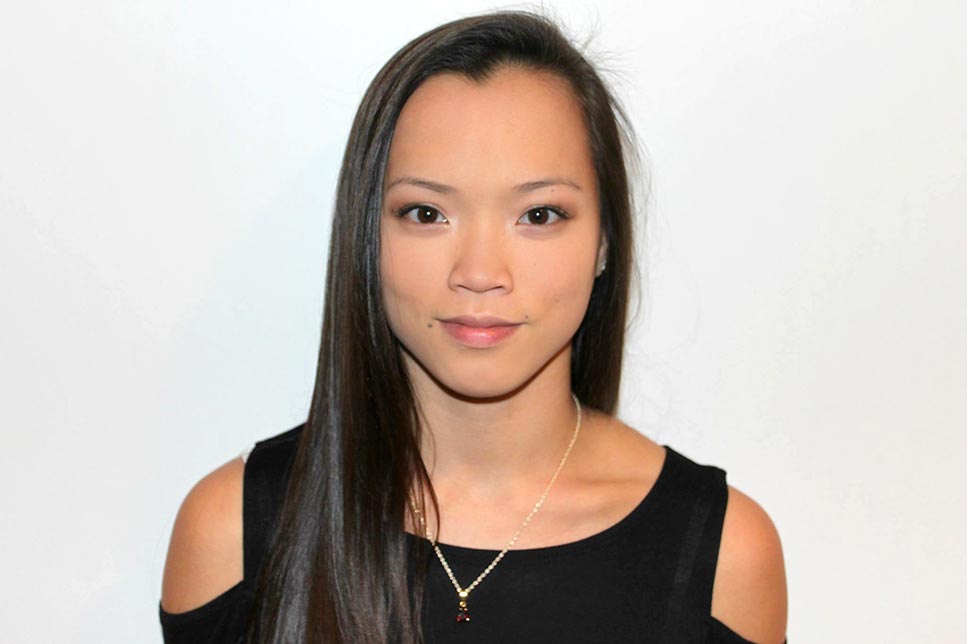
 What are our graduates doing now
What are our graduates doing now What is important to CDS graduates?
What is important to CDS graduates?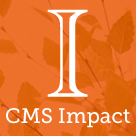 What habits, skills, and character qualities do graduates trace directly back to their time at CDS?
What habits, skills, and character qualities do graduates trace directly back to their time at CDS?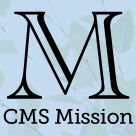 How does the CDS Mission (Respect, Responsibility and Resourcefulness) still guide its graduates?
How does the CDS Mission (Respect, Responsibility and Resourcefulness) still guide its graduates? What defines the CDS experience?
What defines the CDS experience?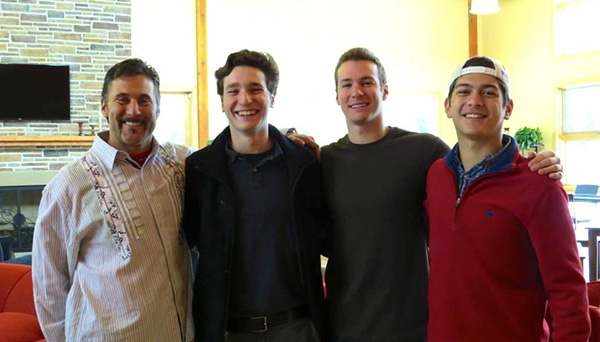
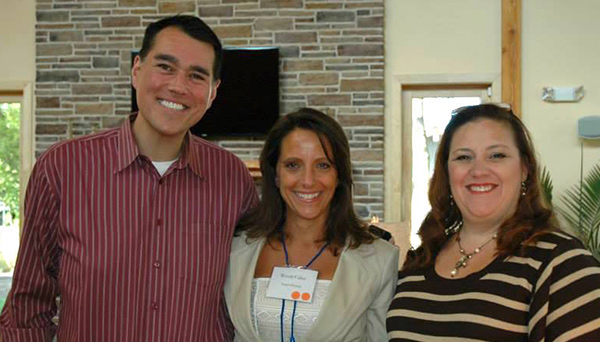
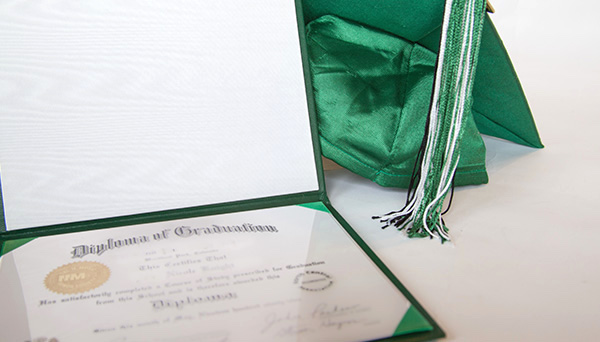

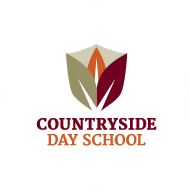
Annette—- I should have attended your school for time management!!!😊
Leave A Comment